Rotisserie Chicken Fajita Recipe
Tender, juice, with a BIG flavor; Rotisserie Chicken Fajitas are also quick to throw together since you do not have to cook the chicken meat from scratch. I use rotisserie chicken meat as a super easy tool to make dinner prep a lot faster. Because it is already cooked it makes the evening dinner prep easier. The recipe below is an adaptation from a very traditional recipe I love, excellent with rotisserie chicken. Enjoy!
Cooking fresh, ripe, organic vegetables means you have great-tasting, vitamin-rich foods for your family. We are doing this cooking demonstration in my front lawn vegetable garden – where the vegetables are grown – and it has been FUN, FUN, FUN to learn how to make a live video while interacting with viewers watching while we prepare the recipe.
Rotisserie Chicken Fajitas Recipe
Working with rotisserie chicken means it is QUICK and easy to prepare a meal for your family and in fact, this meal really serves MORE THAN 6 people for under $10. Therefore, we are using the leftovers from this recipe tomorrow to make Fajita Soup.
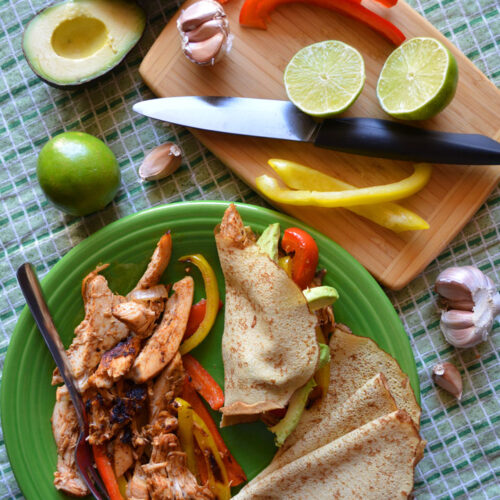
Rotisserie Chicken Fajitas
Ingredients
- 1 whole rotisserie chicken shredded
- 1 large onion chopped into thin slices
- 4 bell peppers chopped into thin slices
- Several garlic cloves crushed
- 2 Tablespoons chili powder
- 1 Tablespoon cumin powder
- 1/4 cup olive oil
- 1 avocado sliced thin
- 12 corn or flour tortillas
- 2 tablespoons cilantro chopped finely
- 3 limes
- Salt and Pepper to taste
Instructions
- Slice chicken in thin strips.
- Combine olive oil, garlic, spices, and the juice of one lime into a marinade.
- Combine all the vegetables with marinade and let marinade a few minutes to overnight.
- Sauté over medium heat until vegetables are slightly tender.
- Add chicken. Mix and stir until well heated. Add juice of a half a lime while cooking.
- When done, remove from heat and place fajita mixture on heated tortillas.
- Top with avocado, cilantro, and lime juice.
Notes
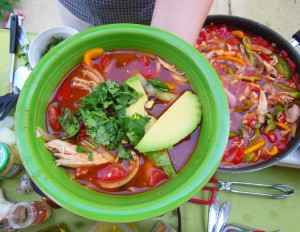
Nutritional Benefits of a Bell Pepper
Bell peppers are nutritional powerhouses. They are a delicious and versatile vegetable that are low in calories and high in nutrients. They are a good source of vitamins A, C, and K, as well as fiber and potassium.
Here are some of the nutrition values of bell peppers according to the Federal Government:
- Vitamin A: Vitamin A is essential for good vision, immunity, and cell growth. A single cup of chopped red bell pepper provides 150% of the recommended daily intake (RDI) of vitamin A.
- Vitamin C: Vitamin C is an antioxidant that helps protect the body from damage caused by free radicals. It is also important for immune function and wound healing. A single cup of chopped red bell pepper provides 169% of the RDI of vitamin C.
- Vitamin K: Vitamin K is important for blood clotting and bone health. A single cup of chopped red bell pepper provides 19% of the RDI of vitamin K.
- Fiber: Fiber is important for digestive health and can help you feel full. A single cup of chopped red bell pepper provides 2.5 grams of fiber.
- Potassium: Potassium is an important mineral that helps regulate blood pressure. A single cup of chopped red bell pepper provides 194 milligrams of potassium.
Bell peppers are a low-calorie, nutrient-rich vegetable that can be enjoyed in many different ways. They are a great addition to salads, soups, stir-fries, and more.
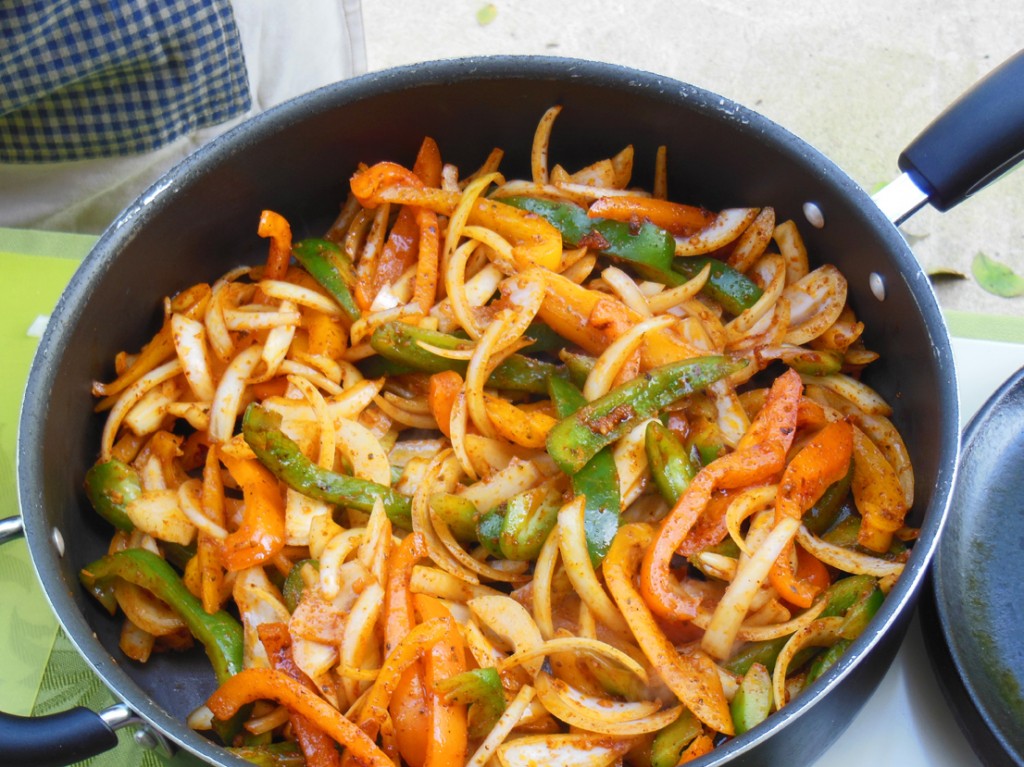
When is a Bell Pepper Ripe?
Bell peppers are a delicious and versatile vegetable that can be eaten raw, cooked, or roasted. They are a good source of vitamins A and C, and they are low in calories.
Bell peppers start out green and then ripen to a variety of colors, including yellow, orange, red, and purple. The color of a bell pepper does not affect its taste, but it does indicate how ripe it is. Green bell peppers are the least ripe, while red bell peppers are the ripest.
Here are some tips for knowing when a bell pepper is ripe
- Size: Bell peppers should be about the size of a baseball when they are ripe.
- Color: Ripe bell peppers will be their full color, such as yellow, orange, red, or purple.
- Firmness: Ripe bell peppers should be firm to the touch.
- Scent: Ripe bell peppers will have a sweet, fruity scent.
If you are growing your own bell peppers, you can tell when they are ripe by the color and firmness of the fruit. You can also feel the stem of the pepper. If the stem is brown and dry, the pepper is ripe.
If you are buying bell peppers at the grocery store, look for peppers that are firm, brightly colored, and have a sweet smell. Avoid peppers that are soft, have blemishes, or are missing their stems.
Once you have ripe bell peppers, you can store them in the refrigerator for up to 5 days.
I hope you enjoy the yummy fajitas!
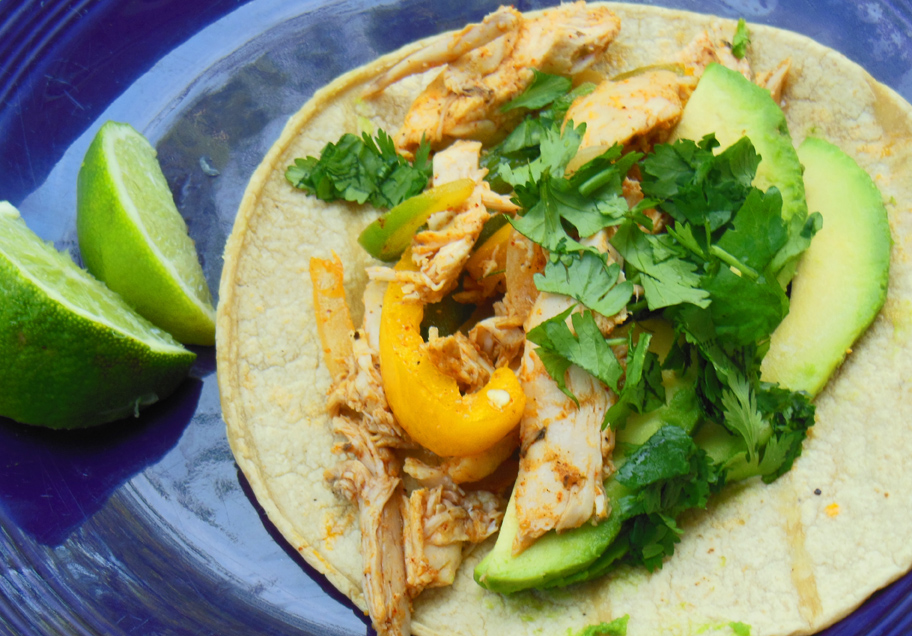
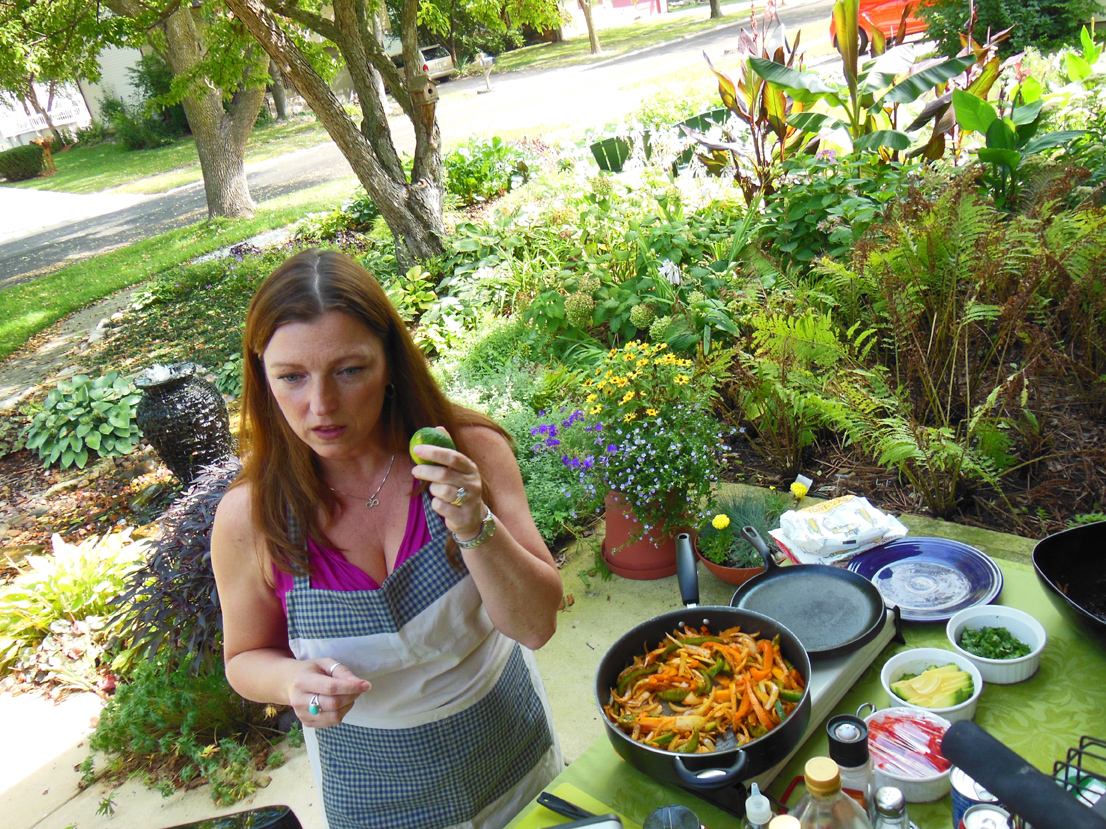
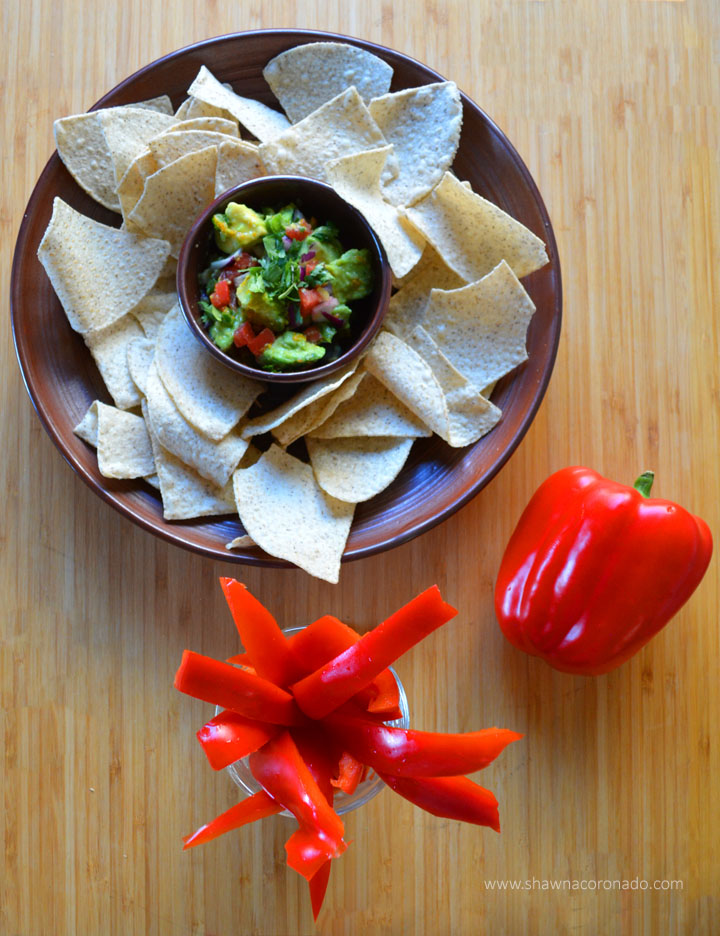
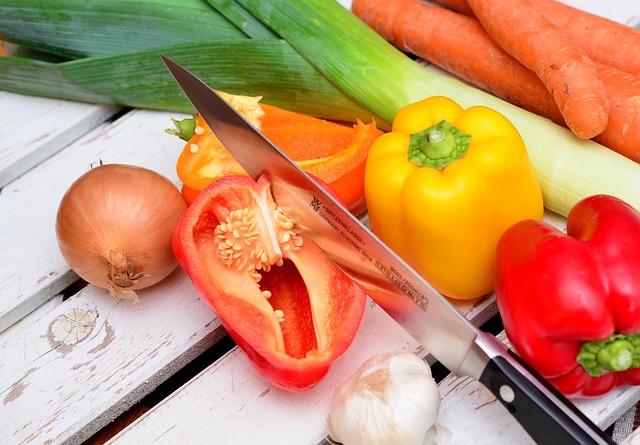


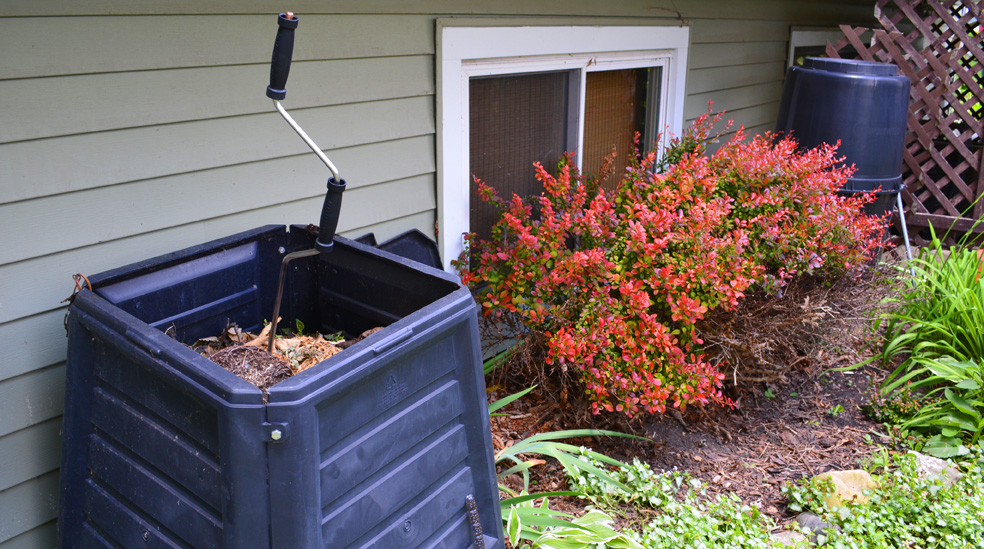
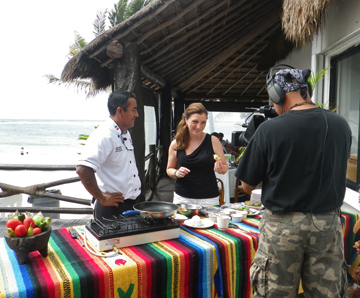
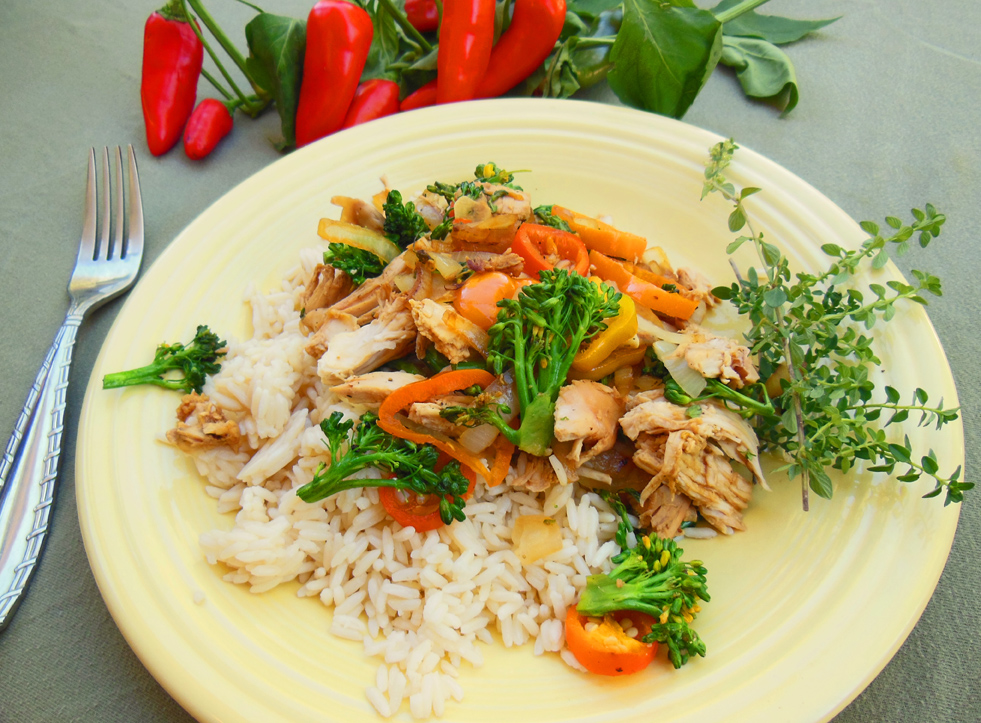
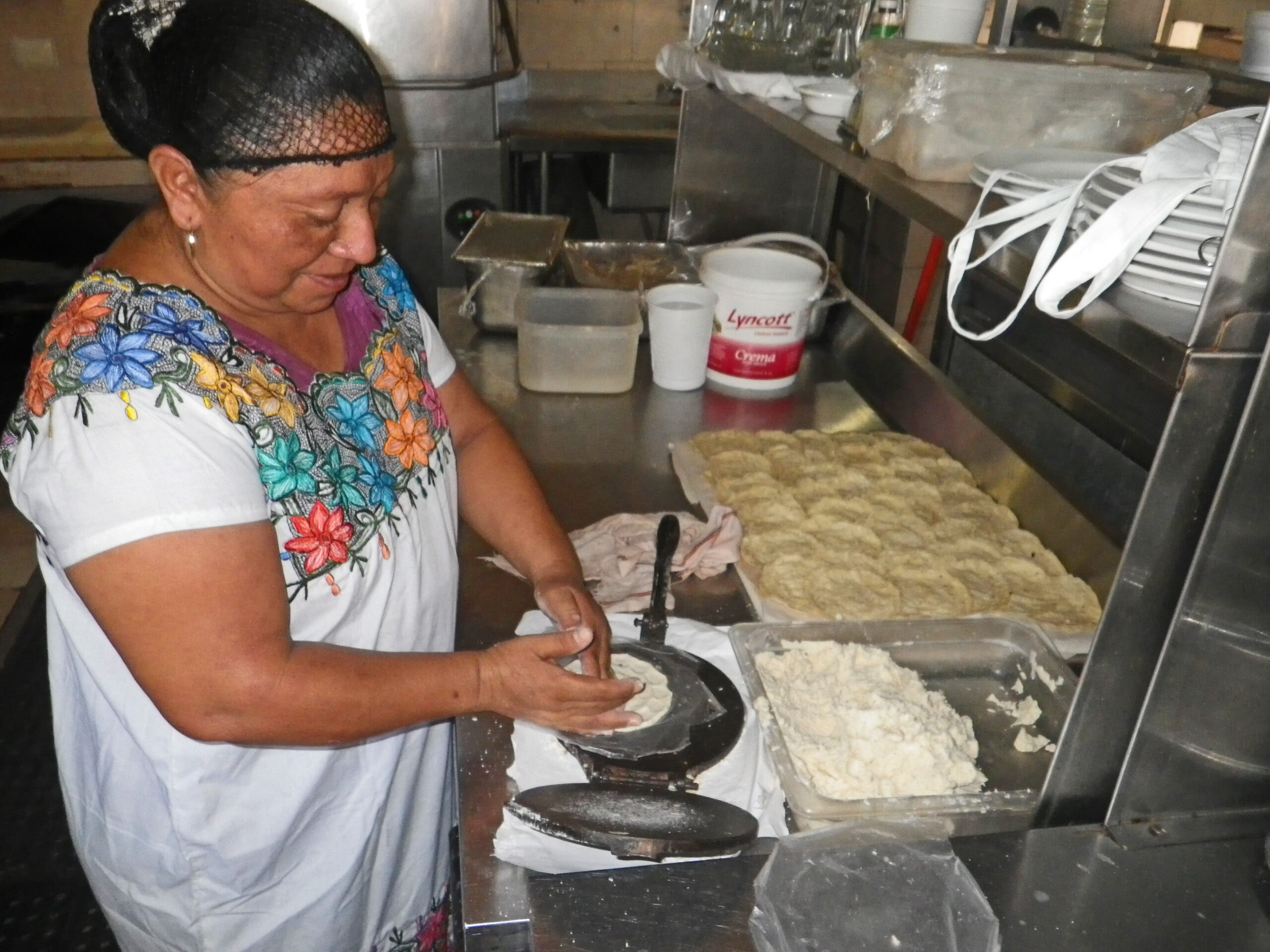
Loved the program and sent it to others to see! You are so Awesome Shawna and many thanks to Google…they will be a big help in all of this sustainable gardening world wide. We have a construction business which we have built environemental friendly houses and some off the grid and all of those customers are health concious in their lives and especially in the gardens. Keep up the great work Shawna and to all the others on your panel which by the way was so fun…you all have a say in this also and I know we will make a ‘power of many’ together!!!
Thanks so much. These fajitas ARE DELICIOUS too. Flavorful and full of vitamins is a must!
Thanks for your support!
Shawna
Can’t wait to try all the way over here in Sydney Australia !! Keep up your fab recipes darlin’ xxx
Thanks for the love Katerina~!